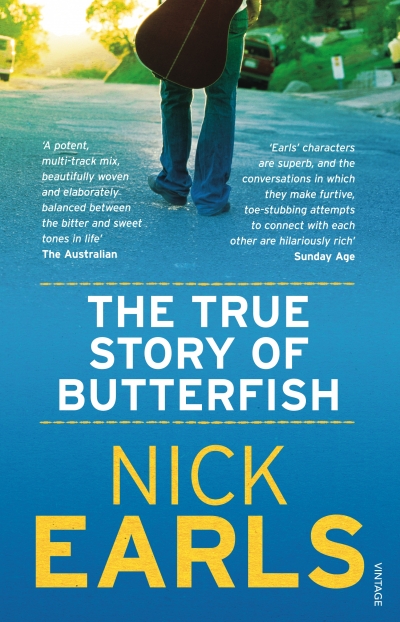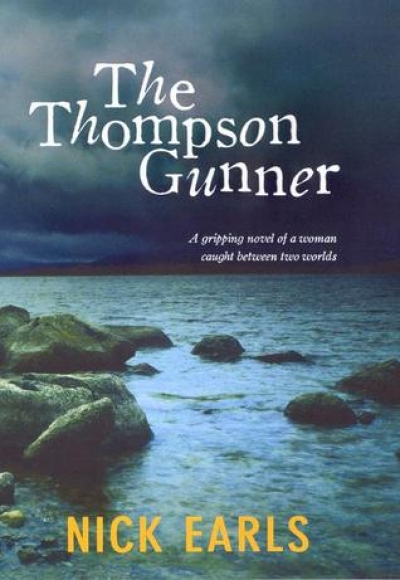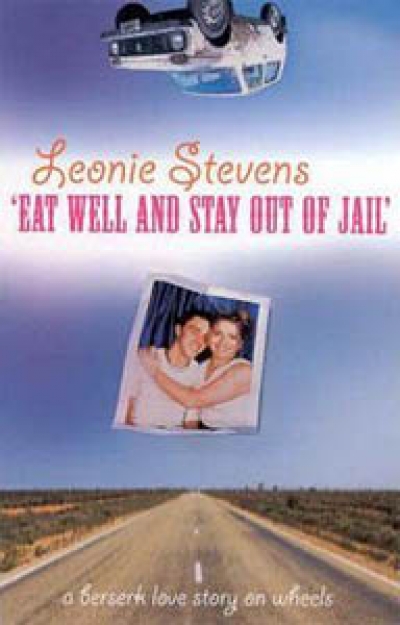Though born and bred in Brisbane, I had never read anything written by Nick Earls prior to this assignment. The closest I had come was a book reading over a decade ago when Earls amused the audience with excerpts from his Bachelor Kisses (1998), before the late Grant McLennan beguiled them with an acoustic rendering of The Go-Betweens song of the same name. The Go-Betweens connection remains palpable in Earls’s latest novel, The True Story of Butterfish. The title of the failed third album of the fictional rock band Butterfish, Written in Sand, Written in Sea, can be nothing other than an allusion to ‘Man O’ Sand to Girl O’ Sea’, the song which rounds out Forster and McLennan’s classic record Spring Hill Fair. Beyond that, references abound to the streets, monuments and cloying humidity of the Queensland capital Nick Earls what to Brisbane as Lou Reed is to New York. Earls is also one of a long line of individuals Anton Chekhov, Stanislaw Lem, J.G. Ballard and others who gave up a career in medicine for a life of literary endeavour. Yet while the work of Ballard, to take the most contemporary example, includes disfigured bodies, transplanted limbs and exotic diseases, Earls seems to have left his life as a sawbones far behind. It is rather his misfortune to have been associated with the style known as ‘lad lit’, for which Nick Hornby is poster-boy.
...
(read more)







